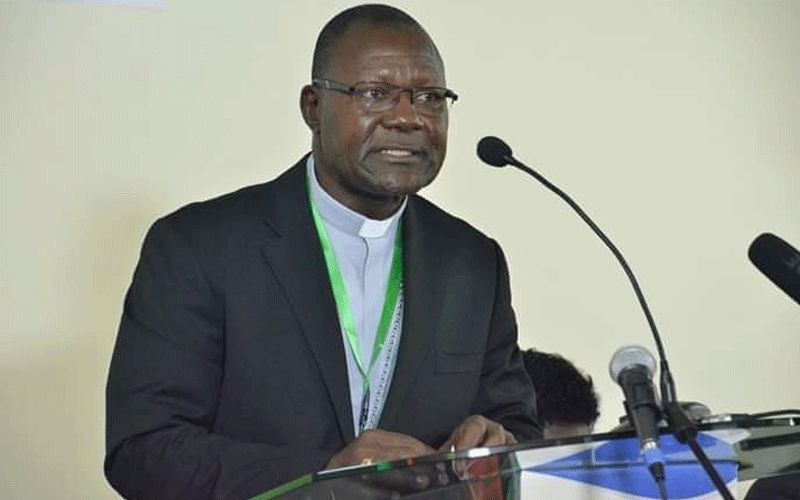Marsabit, 03 July, 2020 / 10:28 pm (ACI Africa).
Catholic Bishops in Kenya have, in a collective statement, said they are “deeply concerned” about persistent violent conflicts in two areas covered by the dioceses of Ngong and Marsabit “due to ethnic, clan hatred, competition over resources and leadership wrangles” and described the situation as “barbaric, unfortunate, saddening and regrettable”.
“We, the Kenya Conference of Catholic Bishops (KCCB) – Catholic Justice and Peace Commission (CJPC), are deeply concerned with continued insecurity and tensions in the Counties of Narok (Transmara and Mau forest) and Marsabit which have led to loss of lives, displacement of people and destruction of properties,” the Bishops in Kenya say in their Friday, July 3 statement.
The Bishops term as “regrettable” the reported cases of systematic killings of twelve people in Marsabit County including two university students, a secondary school student and a motorcycle rider stressing that “sanctity of life and human dignity is a value to be upheld at all times.”
“It is unfortunate that we keep losing lives including those of the young and innocent, due to ethnic, clan hatred, competition over resources and leadership wrangles,” the Bishops bemoan in the three-page statement signed by CJPC Chairman, Bishop John Oballa Owaa.
Marsabit, which neighbours Ethiopia and Somalia is considered a “conflict hotspot” with indigenous communities historically fighting over water and pasture for their animals.








